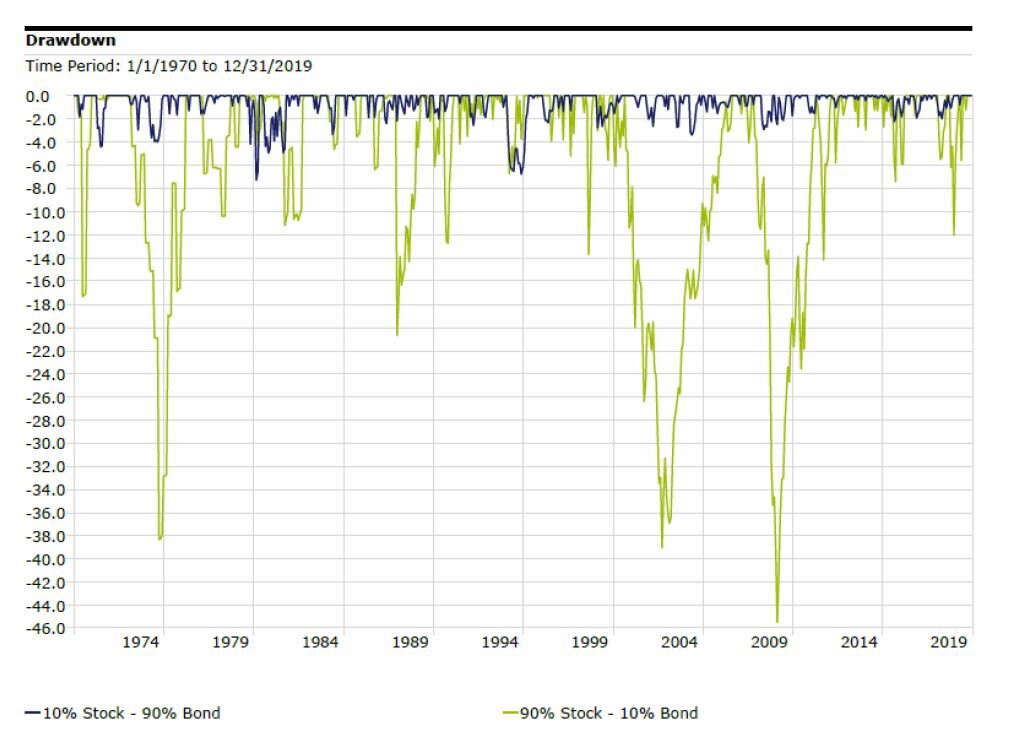Contributed by: Raymond James
U.S. equity indices fell over 3% on continued news of the coronavirus’ spread.
As coronavirus cases continue to escalate in several new regions, like South Korea, Italy, Japan, Iran, Singapore and the United States, Raymond James Healthcare Policy Analyst Chris Meekins believes we are now in the midst of a COVID-19 pandemic. The word itself isn’t intended to cause panic, but rather to prompt increased awareness of the potential economic and health effects of this rapidly spreading virus. Meekins believes the United States now faces a 1 in 3 chance of a widespread outbreak given recent events.
Unfortunately, the illness – thought to have originated in Wuhan, an important Chinese manufacturing hub – has taken its toll on equity markets, causing disruption in several industries, including travel and energy, as well as major supply chains in India and China. Amid the trade war, supply chains generally migrated away from China to places like Vietnam, Thailand and Mexico; however, global supply chains are deep and complex, and disruptions have already led to halts in motor vehicle production in Japan and South Korea, explains Chief Economist Scott Brown. U.S. firms also face a loss of sales to the Chinese market, he notes.
In addition, oil fell on concerns over weakened Chinese demand and the risk of further demand impact outside the Asia-Pacific region. However, Raymond James energy equity research analyst Pavel Molchanov believes oil prices should recover by year’s end, overcoming the virus-related demand headwinds. The current production outage in Libya is also helping to “cancel out” some of the demand headwinds.
While volatility is likely to continue to weigh on certain sectors until the virus is contained, any pullback could be viewed as a potential buying opportunity within favored sectors as the overall fundamental backdrop remains supportive of equities, according to Chief Investment Officer Larry Adam. Opportunities to add fundamentally sound positions to your portfolio may present themselves over the near term. Your advisor will continue to monitor the news for indications of broader impacts and share any developments with you.
It’s hoped that the global response to contain the deadly respiratory disease proves effective soon and that increased public awareness will deter the spread of the virus. To learn more about how to protect yourself and your family, please visit cdc.gov for updates.
Investing involves risk, and investors may incur a profit or a loss. Sector investments are companies engaged in business related to a specific sector. They are subject to fierce competition and their products and services may be subject to rapid obsolescence. There are additional risks associated with investing in an individual sector, including limited diversification. Investing in oil involves special risks, including the potential adverse effects of state and federal regulation, and may not be suitable for all investors. All expressions of opinion reflect the judgment of the Research Department of Raymond James & Associates, Inc., and are subject to change. There is no guarantee that these statements, opinions or forecasts provided herein will prove to be correct. This material is being provided for information purposes only. Any information is not a complete summary or statement of all available data necessary for making an investment decision and does not constitute a recommendation.




















